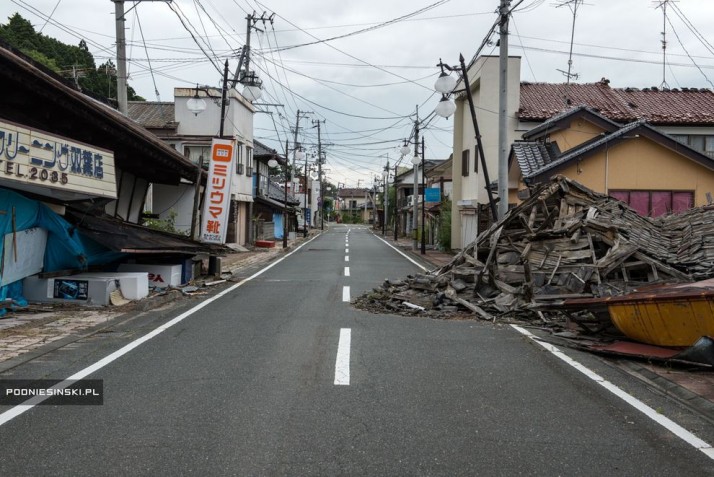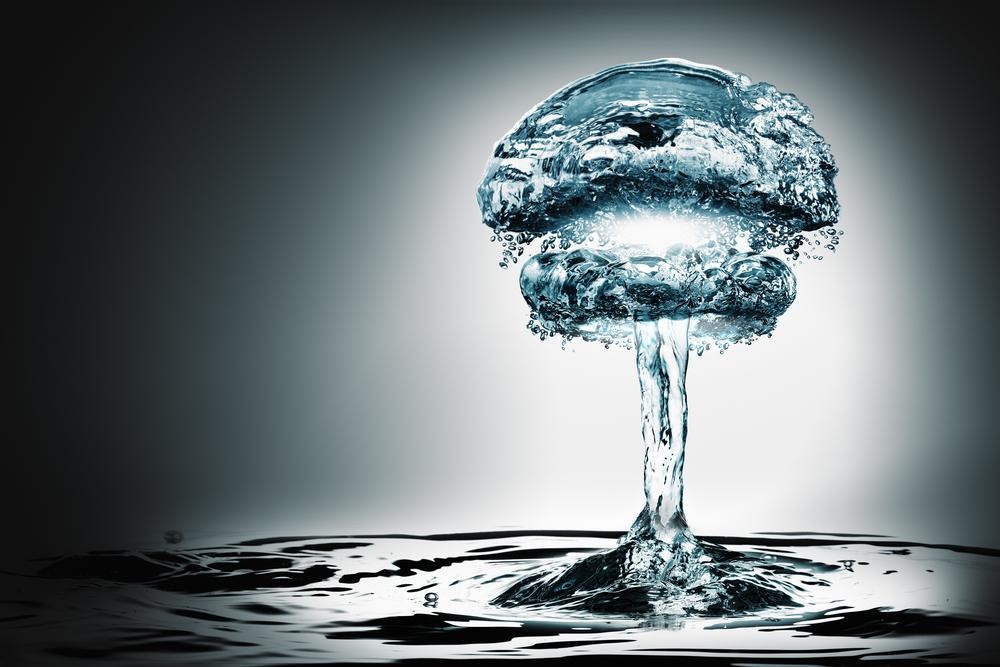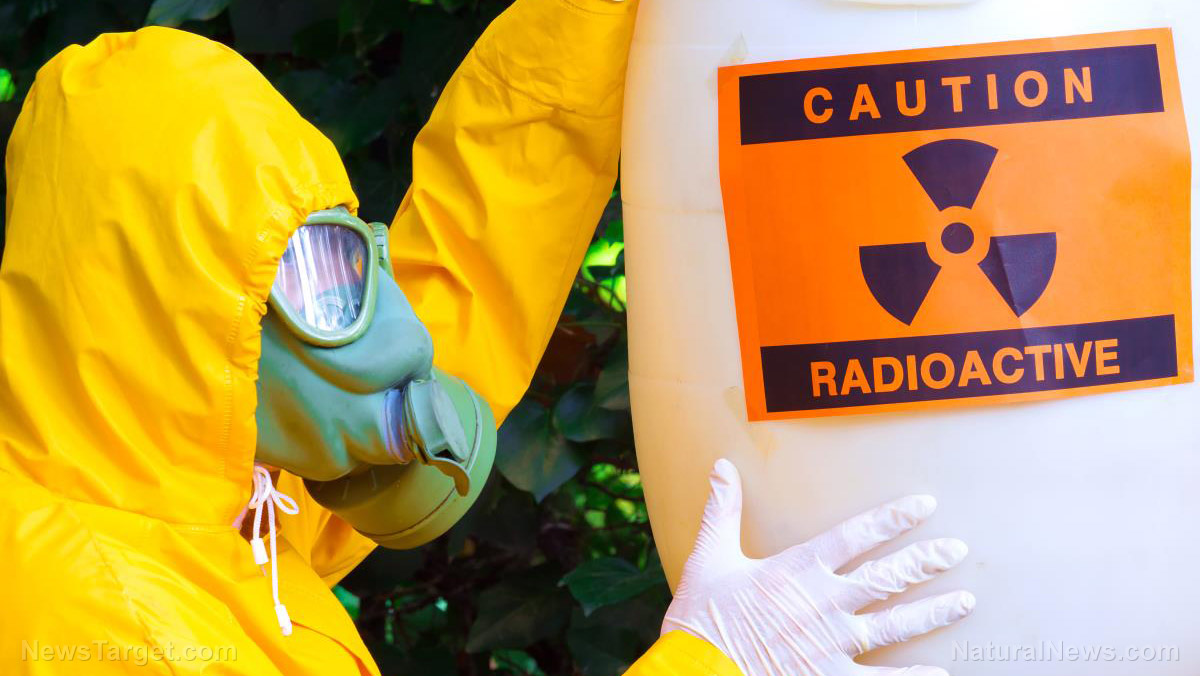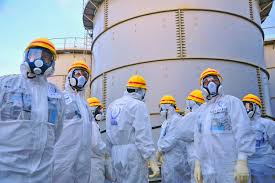TEPCO refuses to foot the bill for decontamination work scheduled after December 2013
01/04/2016 / By Greg White

The Tokyo Electric Power Company (TEPCO), the business in charge of the crippled Fukushima Daiichi power plant, is refusing to foot the bill for decontamination work after a December 2013 Cabinet decision, sources report.
The Environmental Ministry is demanding TEPCO pay for work on decontaminating areas outside the Fukushima prefecture plagued by high levels of radiation. Many communities near the Fukushima Daiichi power plant were evacuated after a tsunami triggered a nuclear meltdown in 2011. More than four years after the disaster, radiation still infests the surrounding area, prompting many people to wonder when, or if, they can return home.
The ministry started to decontaminate a community in the Fukushima prefecture known as the town of Okuma this year, but TEPCO is refusing to pay for these efforts. Since TEPCO, in part, created the mess, why should they not foot the bill? And in this particular scenario, cleaning up the mess at the town of Okuma has a whopping 20 billion yen price tag attached to it.(1)
Environmental Ministry’s demands stir tension with third party
The demands of the Environmental Ministry stirred tensions with the Economy, Trade and Industry Ministry that supports TEPCO’s stance to suck up massive amounts of taxpayer money without specifying who should cover the costs.(1)
The Act on Special Measures about the Handling of Environment Pollution by Radioactive Materials, which was summoned following the 2011 Fukushima debacle, notes TEPCO must “try to swiftly pay for decontamination when and if demanded.”(1)
Furthermore, the guidelines set out for the Fukushima recovery, which were approved at a Cabinet meeting on Dec. 20, 2013, highlights that the government should press TEPCO to cover the expenses of the decontamination process and storage facilities used to harbor nuclear waste.
Nevertheless, the guidelines do not determine whether or not TEPCO should foot the costs for decontamination efforts and important projects that did not exist when the instructions were themselves under development.
The hard cost of hard to recover zones
The Environmental Ministry states TEPCO has agreed to pay for the costs of decontamination in “hard to recover” zones, which was executed on a trial basis prior to the Cabinet approving the guidelines. Regardless, TEPCO has refused to cover the bill for the decontamination of main roads in these areas because the utility is not required to cover these projects, which were managed after the Cabinet’s decision.
Hiroshi Ono, leading the Environment Ministry’s decontamination and temporary storage planning coordination team, is suspicious of the utility’s response:
“It’s unreasonable to decide whether to pay for the costs depending on whether decontamination was planned before or after the Cabinet decision, although decontamination is based on the same special measures law,” Ono said. “We understand that we can demand payments for decontamination of the difficult-to-return areas.”(1)
On the other side of the table, the Economy Ministry’s Agency for Natural Resources and Energy holds an alternative stance:
“The Cabinet decision doesn’t state that the government can demand the costs for decontamination that was not part of the original plan. We’ve instructed TEPCO to follow the Cabinet decision,” said an agency official.”(1)
Diverging viewpoints
A spokesman for TEPCO’s public relations division claimed, “We’ll respond to the matter in accordance with the special measures act, the nuclear power accident compensation system and the 2013 Cabinet decision, while listening to explanations from concerned ministries and agencies and consulting with them.”(1)
The government has demanded TEPCO must cover the expenses of decontamination in the form of 32 trillion yen, which will be reserved for a decade-long disaster recovery project that does not include decontamination costs. Consequently, if TEPCO refuses to pay up, then the government will be required to secure extra resources.
“The Environment Ministry and the Agency for Natural Resources and Energy should hold negotiations to draw a conclusion on the matter,” said a senior Finance Ministry official.(1)
Sources include:
Submit a correction >>
Tagged Under:
Fukushima, FukushimaWatch, Japan Environment Ministry, nuclear decontamination, Okuma
This article may contain statements that reflect the opinion of the author
RECENT NEWS & ARTICLES
COPYRIGHT © 2017 FUKUSHIMAWATCH.COM
All content posted on this site is protected under Free Speech. FukushimaWatch.com is not responsible for content written by contributing authors. The information on this site is provided for educational and entertainment purposes only. It is not intended as a substitute for professional advice of any kind. FukushimaWatch.com assumes no responsibility for the use or misuse of this material. All trademarks, registered trademarks and service marks mentioned on this site are the property of their respective owners.




















